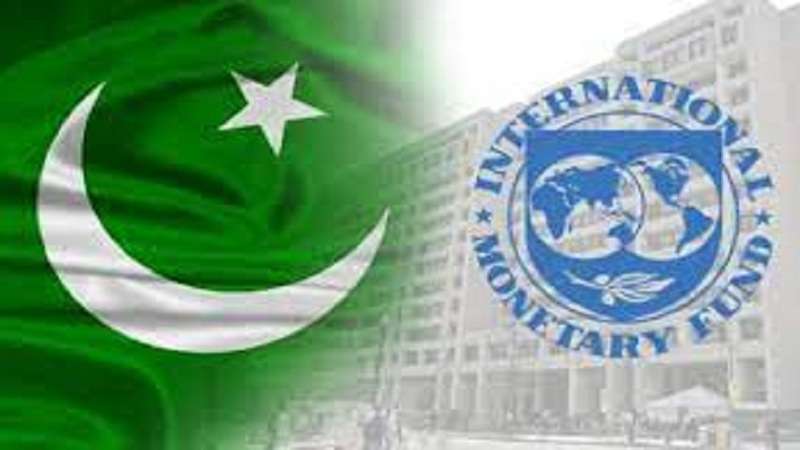Islamabad, May 17, 2025 – Pakistan and the International Monetary Fund (IMF) have initiated crucial discussions on the rationalization of salary taxation in the forthcoming federal budget for the fiscal year 2025-26.
This move comes in response to growing demands from the salaried class in Pakistan, which is widely considered the most heavily taxed segment of the population.
During recent meetings between Pakistani authorities and the IMF, officials from Pakistan proposed a reduction in salary tax rates to provide relief to middle-income earners. The discussions emphasized that easing the tax burden on the salaried class is essential for both economic equity and social stability. Pakistan is pushing to lower the tax rates for individuals earning between Rs200,000 to Rs400,000 per month—a category that forms a significant part of the urban workforce.
However, the IMF raised serious concerns regarding the revenue implications of such a proposal. The Fund questioned how Pakistan would compensate for the revenue shortfall that could result from lower salary tax rates. The IMF’s position stems from its insistence on maintaining a sustainable revenue stream and avoiding fiscal slippages.
The IMF and Pakistan are also in negotiations over broader tax reforms, including those impacting the tobacco and beverages sectors. While Pakistan seeks to adjust taxation across multiple industries, salary taxation remains a contentious and closely monitored point in the talks.
The Ministry of Finance and the Federal Board of Revenue (FBR) have floated a high annual revenue collection target of Rs14,307 billion. However, the IMF has expressed skepticism over Pakistan’s revenue projections, arguing that nominal growth estimates are overly optimistic. The IMF believes that the FBR may not collect beyond Rs13,200 billion, leading to a discrepancy of over Rs1,100 billion between projected and targeted figures. If Pakistan adheres to its ambitious target, the government may need to introduce Rs700 billion worth of new tax measures or enhance enforcement efforts.
In particular, Pakistan is exploring improved enforcement strategies such as monitoring advance tax payments on unprocessed tobacco and enforcing Minimum Legal Price (MLP) rules more strictly. Still, relief in salary taxation remains a key demand from employees across sectors.
The salary class in Pakistan has consistently urged for a fairer tax structure. With inflation eroding real wages, rationalizing salary tax is seen as a much-needed step to restore disposable income and boost consumer spending. As Pakistan continues its negotiations with the IMF, the fate of the country’s salary earners now hinges on how both sides reconcile revenue needs with social fairness. The upcoming budget will reveal whether Pakistan can strike that critical balance.
